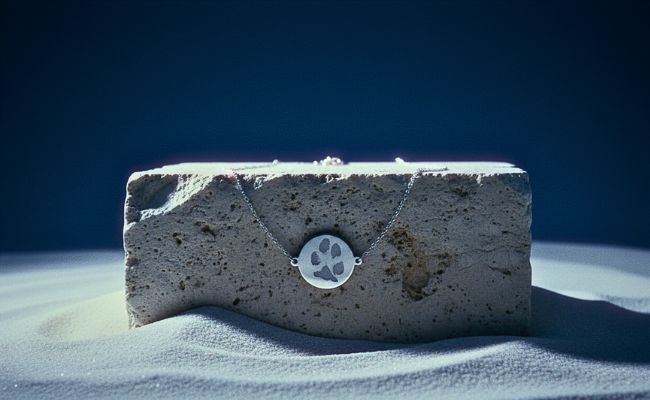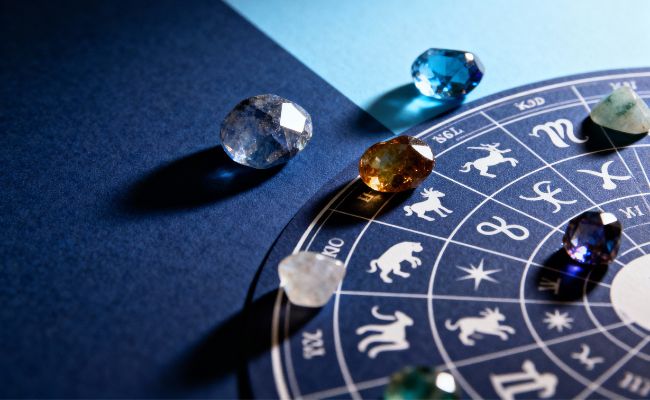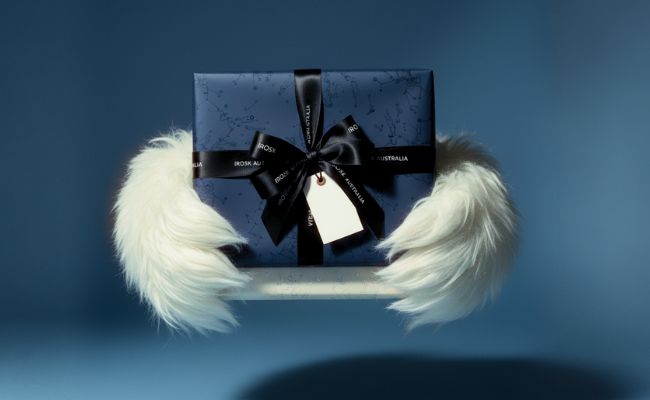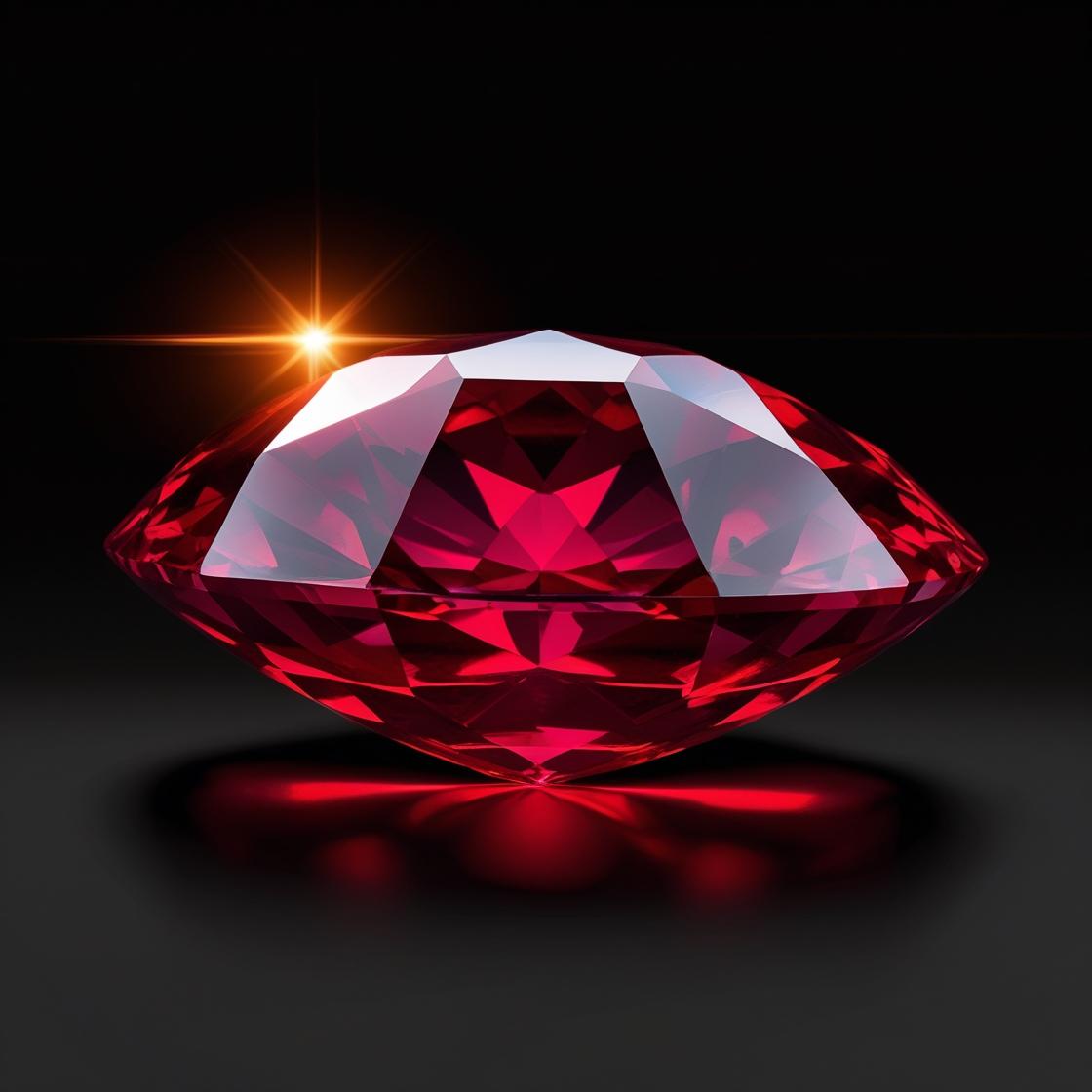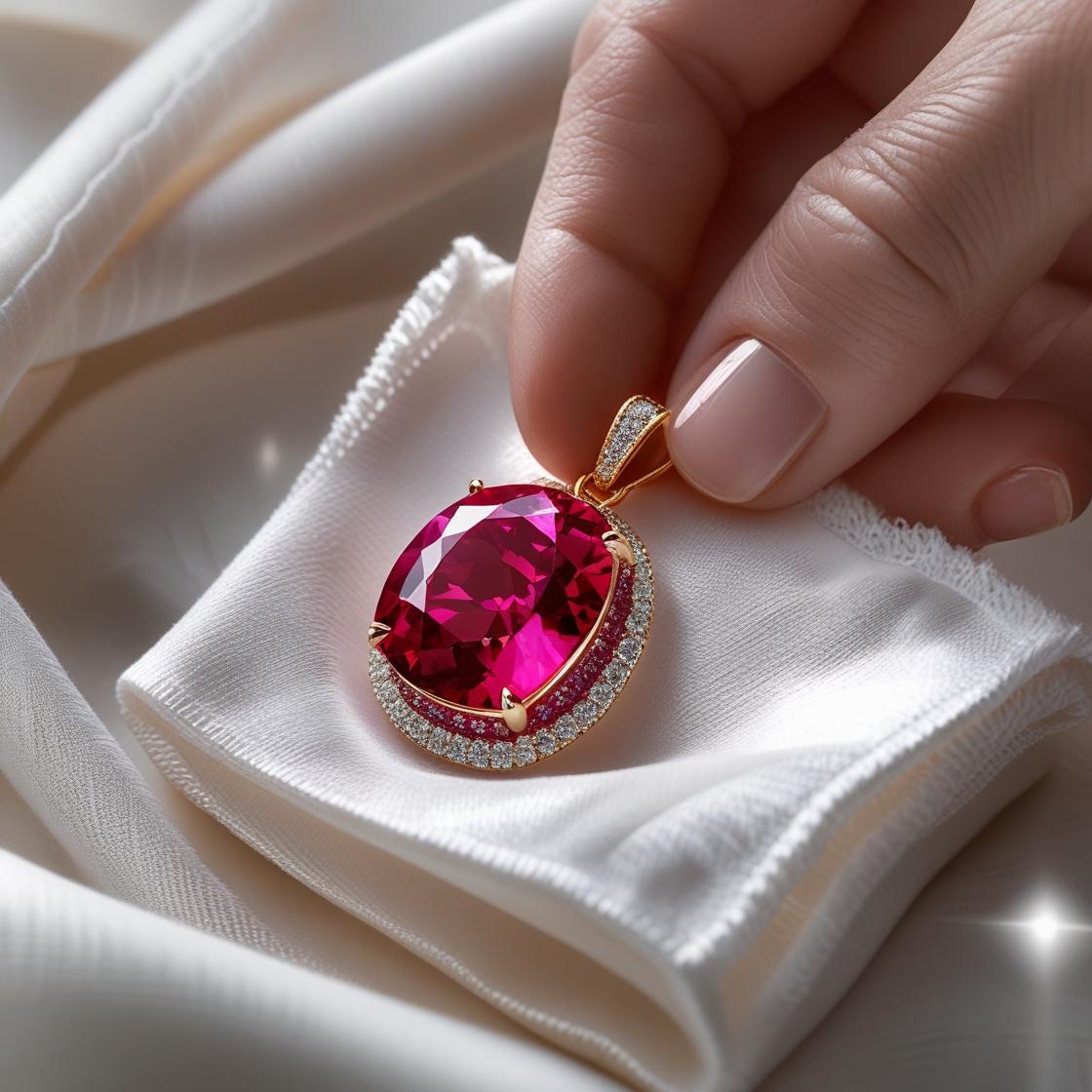
Ruby Care Tips: How to Maintain Your Jewellery's Sparkle and Strength
Why Ruby Maintenance Matters
Protecting Beauty and Longevity
Ruby is known for its rich red hue and timeless appeal. But even the most durable gem needs regular care to maintain its brilliance and integrity over time. Proper maintenance preserves both beauty and value.
Common Mistakes That Damage Rubies
Wearing ruby jewellery during household chores, applying harsh chemicals, or storing it improperly can cause scratches, fading, or even loosened settings. Most damage is preventable with simple habits.
Understanding Ruby's Durability
Ruby on the Mohs Hardness Scale
Ruby ranks 9 out of 10 on the Mohs scale, making it one of the hardest gemstones—just below diamond. While it's resistant to scratches, the setting and overall jewellery piece still require care.
Strengths and Vulnerabilities
Though durable, rubies can still chip at the edges or get scratched by diamonds and other harder materials. They also need protection from sudden temperature changes and strong chemicals.
Daily Ruby Jewellery Care Tips
When to Wear and Remove
Put on ruby jewellery last—after makeup, lotion, and perfume—and take it off before swimming, showering, or working out. This keeps the stone and setting safe from residue and moisture.
Dealing with Lotions, Soaps, and Perfume
These substances can leave films on the ruby’s surface, dulling its shine. Always clean your hands and let lotions dry fully before putting jewellery on.
Cleaning Ruby Jewellery at Home
Safe DIY Cleaning Methods
Use lukewarm water, mild dish soap, and a soft-bristle toothbrush to gently clean your ruby jewellery. Rinse thoroughly and pat dry with a soft cloth.
Cleaning Tools to Use and Avoid
✅ Use: Microfiber cloth, soft brushes, mild soap
❌ Avoid: Ultrasonic cleaners (for fragile or antique pieces), harsh chemicals, steam cleaning unless advised by a jeweller
Professional Ruby Cleaning Services
When to Seek Professional Help
If your ruby is set with other stones, has antique or delicate settings, or looks cloudy even after cleaning, it’s best to consult a professional.
How Often Should You Clean It?
Clean ruby jewellery at home every 2–4 weeks. Visit a professional jeweller once or twice a year for deep cleaning and inspection.
How to Store Ruby Jewellery Properly
Preventing Scratches
Always store ruby pieces separately from other jewellery to avoid scratches. Rubies can be scratched by diamonds and can scratch softer stones.
Best Containers and Conditions
Use a fabric-lined jewellery box, individual soft pouches, or a case with compartments. Store in a cool, dry place away from direct sunlight and humidity.
How to Travel with Ruby Jewellery
Travel Storage Solutions
Use compact jewellery organizers with individual slots or travel pouches. Wrap each piece in soft cloth to prevent movement and abrasion.
Wearing vs. Packing
Avoid wearing ruby jewellery during flights or long trips unless necessary. It’s safer to pack and store securely during travel.
Special Ruby Jewellery Care by Type
Caring for Rings
Rings are prone to daily wear-and-tear. Remove ruby rings when washing dishes, gardening, or doing heavy lifting to avoid scratches and setting damage.
Caring for Necklaces & Earrings
While less exposed to impact, ruby earrings and pendants still collect oils and dust. Wipe them regularly and check clasps and posts for wear.
Signs Your Ruby Needs Maintenance
Cloudiness or Dull Shine
If your ruby loses its vibrant color or sparkle, it likely needs cleaning or professional polishing.
Loose Settings and Wear-and-Tear
Check prongs, bezels, and clasps regularly. If the gem feels loose or the metal looks bent, stop wearing the piece and seek a jeweller’s help.
Ruby Jewellery and Metal Care
Caring for Gold, Platinum, and Silver Settings
Polish metals with a gentle cloth. Gold is soft, platinum is durable but heavy, and silver tarnishes over time. Store based on metal type to preserve finish.
Preventing Tarnish
Avoid exposing your jewellery to humidity or harsh cleaners. Anti-tarnish strips in your storage box can help maintain shine.
Avoiding Harsh Environments
Chemical Exposure
Keep ruby jewellery away from bleach, chlorine, ammonia, and cleaning sprays. These can damage both the stone and the metal.
Physical Damage from Activities
Never wear ruby jewellery during sports, manual labor, or high-impact activities. Even though rubies are tough, the setting can still break.
Caring for Lab-Created vs. Natural Rubies
Same Techniques, Equal Brilliance
Lab-created rubies are just as hard and beautiful as natural rubies, so they require the same care and maintenance routine.
Knowing Their Strengths
Lab rubies often have fewer inclusions, which means they may stay clearer longer with proper care. They’re durable but still need gentle handling.
Click here to Discover the meaning behind the July birthstone.
FAQs About Ruby Jewellery Maintenance
Q1: How often should I clean ruby jewellery?
At home: every 2–4 weeks. Professionally: once or twice a year.
Q2: Is it safe to use an ultrasonic cleaner?
Only for rubies in strong settings and not with delicate or antique pieces. When unsure, avoid it.
Q3: Can I wear ruby jewellery in the shower?
No. Water and soap can leave residue, dull the stone, and loosen settings.
Q4: What's the best way to store ruby rings?
Individually in a soft pouch or a sectioned jewellery box to prevent scratches and tangles.
Q5: Do lab-created rubies need less care?
They need the same level of care as natural rubies. The composition is identical.
Q6: What signs mean my ruby jewellery needs repair?
Loose prongs, a dull surface, or any visible movement of the stone means it's time for a check-up.



